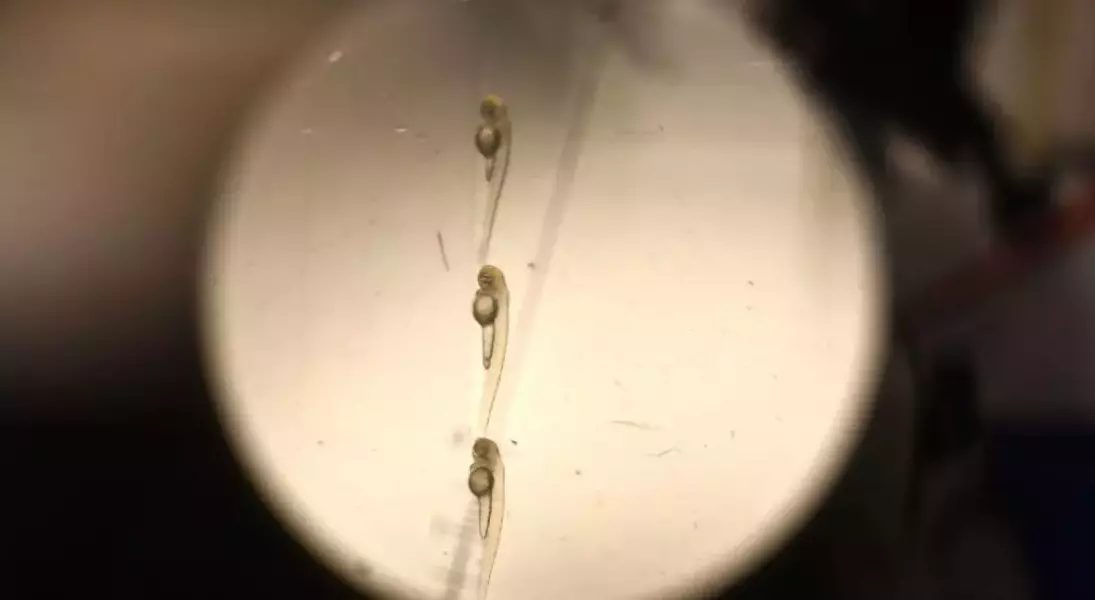
Innovative research has shed light on the profound effects of ketamine, a potent anesthetic, in treating severe depression. Scientists have discovered that a single dose of this drug can provide weeks of relief by inducing long-lasting changes in brain circuits associated with resilience. The study, published in the journal Neuron, reveals how ketamine influences brain activity, particularly in cells called astrocytes, which play a crucial role in determining whether an organism persists or gives up when faced with challenges.
To explore these effects, researchers conducted experiments using larval zebrafish, organisms that offer a unique advantage due to their transparency, allowing scientists to observe brain activity in real-time. By simulating a virtual environment where the fish's efforts yielded no progress, the team observed that the fish initially struggled but eventually became passive. However, when administered ketamine, the fish showed increased perseverance despite the simulated futility. This change was linked to altered activity in astrocytes, star-shaped cells that regulate the transition between active and passive behavior. Initially, ketamine activated these cells, but after the drug's effects wore off, the astrocytes returned to normal levels and remained stable even during struggle.
This breakthrough suggests that ketamine's long-term benefits may stem from its ability to modify astrocyte function, making them less responsive to stress. Understanding this mechanism could lead to the development of more effective psychiatric treatments. Researchers are optimistic that further studies using zebrafish can accelerate drug discovery, potentially leading to new versions of ketamine that alleviate depression without unwanted side effects. This research not only advances our knowledge of brain biology but also paves the way for innovative therapies that promote mental health and resilience.
